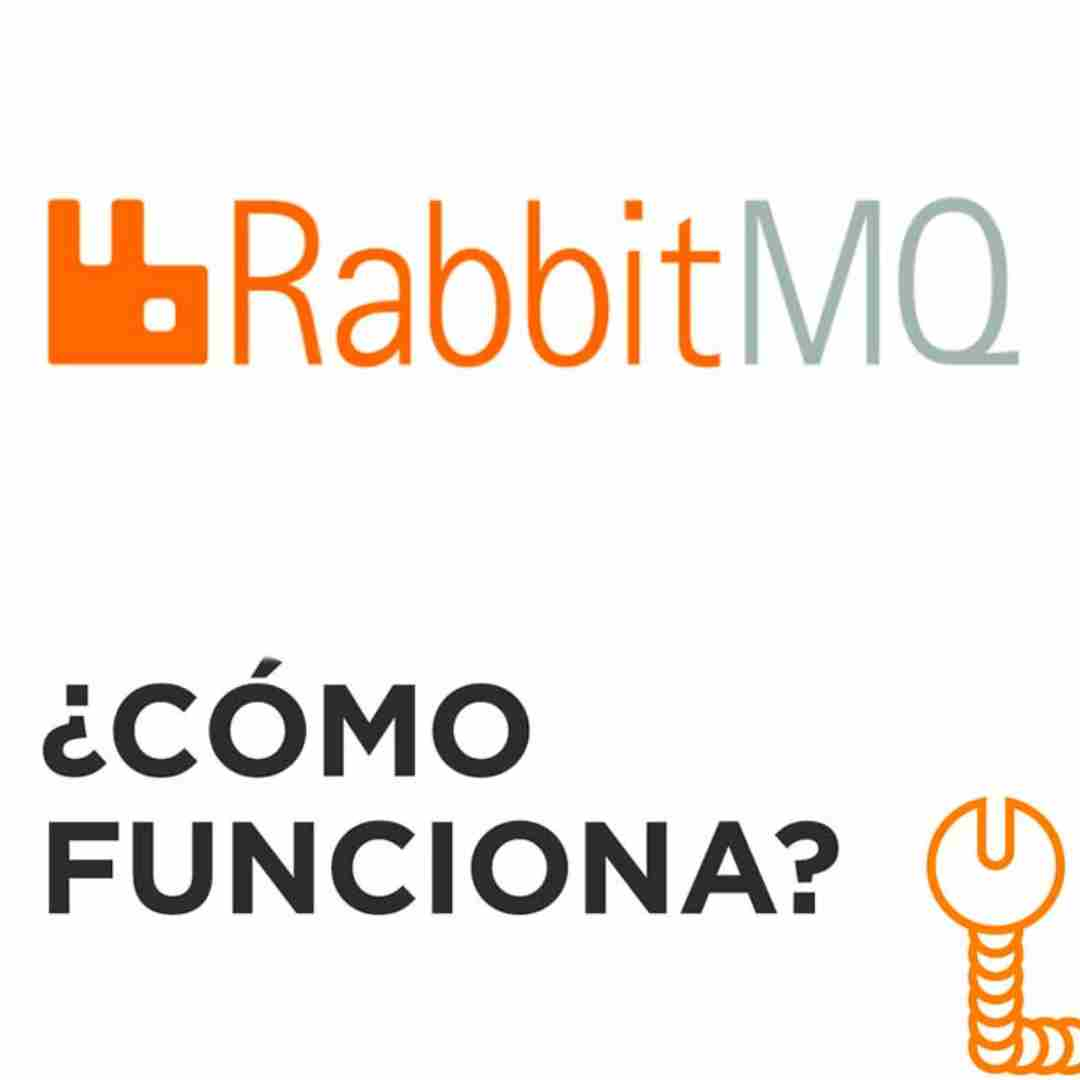Comparing RabbitMQ with Kafka
Distributed systems employ Kafka and RabbitMQ for messaging. Both technologies provide reliable messaging, but their structures and functionalities suit different use cases. This article explains the differences between Kafka and RabbitMQ so readers may choose a messaging solution for their distributed system.
Kafka builds real-time data pipelines and streaming applications. It handles millions of messages per second and is fault-tolerant and scalable. Producers post messages to topics and consumers subscribe to topics to receive messages in Kafka. Message durability allows Kafka to store messages on disc and replay them.
Distributed applications employ open-source message broker RabbitMQ. It offers point-to-point, publish-subscribe, and request-reply communications based on AMQP. RabbitMQ stores messages on disc for durability and high availability.
Architecture distinguishes Kafka from RabbitMQ. RabbitMQ is a message broker, while Kafka streams data. Kafka streams data, while RabbitMQ sends messages. RabbitMQ can only manage a few thousand messages per second, but Kafka can handle millions.
Both Kafka and RabbitMQ enable message durability, but Kafka also allows producers to replay messages. Message partitioning lets Kafka distribute messages across many nodes for scalability. RabbitMQ supports message routing, but not partitioning.
Kafka and RabbitMQ are reliable messaging platforms for diverse use scenarios. RabbitMQ is better for classical communications than Kafka for streaming data. A distributed system's messaging solution should be chosen based on its characteristics and architecture.
Kafka vs. RabbitMQ: Pros and Cons
Asynchronous messaging systems like RabbitMQ and Kafka are popular. Understanding the pros and cons of each messaging system can help you choose one.
Kafka pros
Kafka is a fault-tolerant, scalable distributed streaming framework. It processes millions of messages per second and handles massive data sets. Kafka can also operate even if one or more nodes fail. Horizontally scalable, Kafka may be scaled up or down to fit application needs.
RabbitMQ pros
RabbitMQ is a simple and dependable open-source message broker. Even if few nodes fail, it is very accessible. RabbitMQ is horizontally scalable, so it may be scaled up or down to fit application needs. RabbitMQ supports several protocols, making it easy to integrate.
Kafka's flaws
Kafka is more complicated to set up and manage than RabbitMQ. Kafka also supports few protocols, making integration with existing systems challenging.
RabbitMQ drawbacks
RabbitMQ does not scale like Kafka and cannot handle enormous data volumes. RabbitMQ is also less fault-tolerant than Kafka, making outages more likely.
Kafka vs. RabbitMQ Performance and Scalability
Kafka and RabbitMQ are prominent messaging platforms for applications. Both technologies are fast and scalable, but there are some critical distinctions to consider before choosing one.
Kafka is usually faster. Its distributed architecture lets it process messages simultaneously and handle enormous amounts of data quickly. RabbitMQ is a single-server message broker. Large data volumes can delay performance.
Scalability again favours Kafka. Horizontally scalable, it may scale up or down to match application needs. RabbitMQ can only be scaled so far before performance suffers.
For high-performance, scalable applications, Kafka is best. It can quickly process massive amounts of data and scale up or down to match application demands. RabbitMQ is a slower, less scalable message broker.
Kafka vs. RabbitMQ for Message Queuing
Message queuing lets apps talk asynchronously. It reliably and efficiently delivers messages in order and without data loss. RabbitMQ and Kafka are popular message queuing technologies.
Kafka is an open-source distributed streaming technology for real-time data pipelines and streaming applications. It handles millions of messages per second and is scalable and fault-tolerant. Event sourcing, stream processing, and log aggregation use Kafka.
Distributed applications employ open-source message broker RabbitMQ. It is reliable and supports several message protocols. Task queues, message routing, and event notification use RabbitMQ.
Kafka and RabbitMQ have pros and cons. Kafka is superior for streaming applications and RabbitMQ for task queues and message routing. RabbitMQ is more dependable and available than Kafka. RabbitMQ is simpler to set up than Kafka.
Finally, Kafka and RabbitMQ are excellent message queuing systems for distributed applications. One technology may work better depending on the application.

Kafka and RabbitMQ Security Features
Kafka and RabbitMQ are popular data streaming and application messaging platforms. Both systems have data security measures. This article examines Kafka and RabbitMQ security.
Kafka is a distributed streaming technology with safe and dependable messaging. It provides authentication, authorization, encryption, and access control. SASL and SSL protocols authenticate. ACLs let administrators control data access. SSL/TLS protocols encrypt. ACLs and Kerberos control access.
RabbitMQ is a safe, dependable open-source message broker. It provides authentication, authorization, encryption, and access control. SASL/SSL protocols authenticate. ACLs let administrators control data access. SSL/TLS encrypts. TLS and ACLs control access.
Kafka and RabbitMQ offer data security features. Secure messaging requires authentication, authorization, encryption, and access control. These characteristics help companies secure their data.
